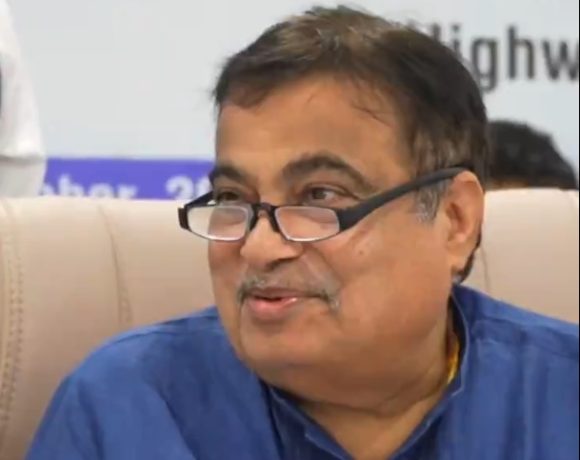
Breaking Down The News: Turkey Betrays India by Arming Pakistan with Songar Drones Used in Attack
On the night of May 8, India faced an unprecedented aerial assault as hundreds of drones were launched from Pakistan into Indian airspace. According to government sources, between 300 to 400 drones targeted 36 towns and cities across Jammu & Kashmir, Punjab, and Rajasthan. These drones were not just random commercial quadcopters — many were confirmed to be Turkish-origin Asisguard Songar drones, equipped for tactical precision strikes and payload delivery. The scale, coordination, and technological sophistication of this attack mark a serious escalation in India-Pakistan hostilities. But what adds a darker twist to this incident is Turkey’s direct role in supplying these drones to Pakistan, despite India’s humanitarian outreach to Ankara just two years ago.
The Songar drone, developed by Turkey’s Asisguard, is not an off-the-shelf surveillance toy. It is a military-grade armed drone capable of carrying automatic weapons, grenades, and loitering munitions. These drones, reportedly part of Turkey’s defence collaboration with Pakistan, were used to target military infrastructure, radar installations, and even civilian zones. Indian defence systems, including the S-400 and indigenous Akash missile batteries, were deployed and managed to intercept many of them, averting potential disaster. Still, the sheer audacity of the strike — and the drone’s Turkish origin — raised immediate questions: Why is a country that India once helped during a devastating earthquake, now arming its enemy?
In February 2023, when a 7.8 magnitude earthquake struck Turkey, India was among the first nations to respond. Through Operation Dost, India sent National Disaster Response Force (NDRF) teams, established a 30-bed field hospital, deployed drones for search and rescue, and shipped over 130 tons of relief materials. Turkish leaders, including the ambassador to India, publicly thanked India and called it a “dost” (friend). That goodwill, however, seems to have evaporated in Ankara’s military boardrooms. Instead of gratitude, India now faces Turkish drones raining down over its border towns.
This is not a one-off incident. Turkey and Pakistan share deep military ties, driven by ideological alignment and a shared animosity toward India’s position on Kashmir. Turkey has consistently supported Pakistan at international forums, including at the UN, where President Erdoğan has repeatedly raised the Kashmir issue. Turkish drone technology — particularly the Bayraktar TB2 and Songar platforms — has been exported to Pakistan in growing volumes since 2021. Ankara has trained Pakistani personnel, collaborated on drone production, and even helped develop customized variants suited for mountainous border warfare. These aren’t just exports; they’re strategic enablers of Pakistan’s proxy and asymmetric warfare.
The betrayal here is moral as much as it is strategic. India didn’t send aid to Turkey because of treaties or alliances; it did so on the basis of humanity. And when India acted with compassion, Turkey responded two years later by choosing military profits and ideological loyalties over diplomatic ethics. Supplying weaponized drones to a country in active conflict with India — a country that openly sponsors cross-border terrorism — is not neutral business. It is a deliberate act of alignment with India’s adversaries.
This development should prompt a serious re-evaluation of India’s foreign aid philosophy. Is humanitarian outreach being weaponized against us? Are we mistaking transactional partners for strategic allies? Turkey has made its position clear: it will take India’s help when needed but will stand by Pakistan when it counts. India must now decide how it wants to respond — whether diplomatically, economically, or militarily — to a country that clearly sees no contradiction between receiving Indian aid and exporting drones used to attack Indian civilians.
In the end, the night sky over Punjab and Kashmir lit up with more than just explosions. It illuminated a truth India cannot ignore: in geopolitics, goodwill has an expiry date, and gratitude is rarely part of statecraft.


















